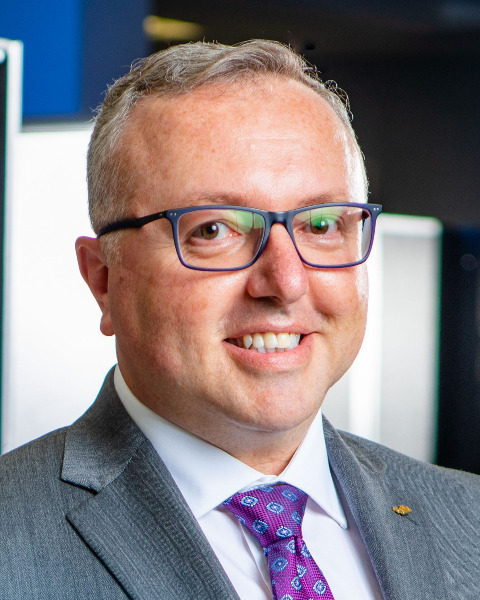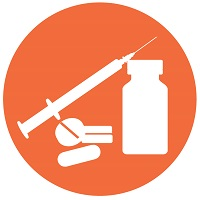Back
Clinical Pharmacology – Biomolecular
Session: Symposium: Translational Biomarkers: From Bench to Bedside (BM)
Pharmacodynamic Systems Analysis for Identifying Biomarkers of Allogeneic CAR-T-Cell Therapy
Wednesday, October 19, 2022
9:30 AM – 10:00 AM ET
Location: 152

Donald E. Mager, PharmD, PhD
Professor and Vice Chair of Pharmaceutical Sciences/President and CEO
University at Buffalo, SUNY/Enhanced Pharmacodynamics, LLC
Buffalo, New York
Speaker(s)
This 30-minute presentation is one of the four presentations in a two-hour symposium, which is proposed by Drs. Yow-Ming Wang and Xiaofei Wang. The title of the two-hour symposium is Biomarkers for Cancer Immunotherapy.
There are many complexities associated with the clinical development of allogenic CAR-T cell therapy (UCART19) that stem from the numerous cell treatment- and system-specific factors influencing T-cell exposure and response. Far too many points of optimization exist, including (among others) the role of host T-cell depletion and endogenous cytokine biomarkers, which precludes an exhaustive experimental testing of all variables. In this presentation, a mechanistic pharmacodynamic model will be described that effectively captures all temporal patterns of UCART19 profiles in patients with adult relapsed/refractory B-cell acute lymphoblastic leukemia (ALL), namely 1) expansion and persistence, 2) transient expansion, and 3) no observed expansion. The final model highlights the impact of the host conditioning step on the pharmacokinetics of allogeneic CAR-T cells, notably supporting the role of host T cell lymphodepletion and increased IL-7 concentrations, and can potentially improve the design of UCART19 preconditioning regimens.
There are many complexities associated with the clinical development of allogenic CAR-T cell therapy (UCART19) that stem from the numerous cell treatment- and system-specific factors influencing T-cell exposure and response. Far too many points of optimization exist, including (among others) the role of host T-cell depletion and endogenous cytokine biomarkers, which precludes an exhaustive experimental testing of all variables. In this presentation, a mechanistic pharmacodynamic model will be described that effectively captures all temporal patterns of UCART19 profiles in patients with adult relapsed/refractory B-cell acute lymphoblastic leukemia (ALL), namely 1) expansion and persistence, 2) transient expansion, and 3) no observed expansion. The final model highlights the impact of the host conditioning step on the pharmacokinetics of allogeneic CAR-T cells, notably supporting the role of host T cell lymphodepletion and increased IL-7 concentrations, and can potentially improve the design of UCART19 preconditioning regimens.
Learning Objectives:
- Distinguish the unique nature of the UCART19 pharmacodynamic model, which combines elements of a complex systems model with population-based algorithms.
- Recognize pharmacodynamic systems analysis as a viable strategy for identifying potential biomarkers associated with the expansion of allogenic CAR-T cell therapy following lymphodepletion in patients with B-cell ALL.
- Appreciate how model-based simulations were used to identify the primary factor responsible for reduced UCART19 cellular expansion.

